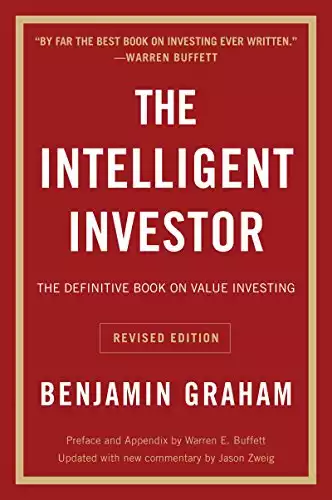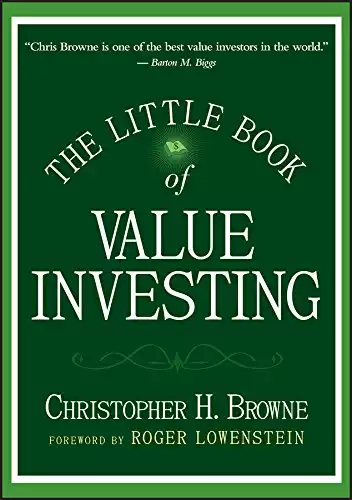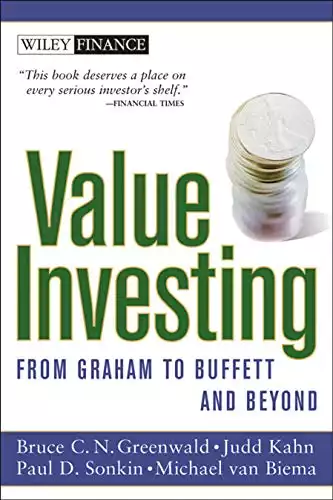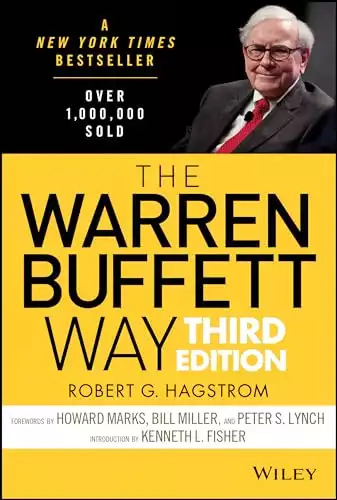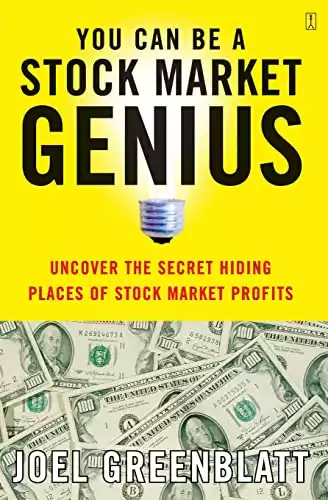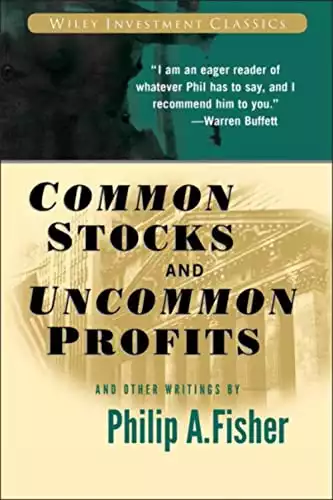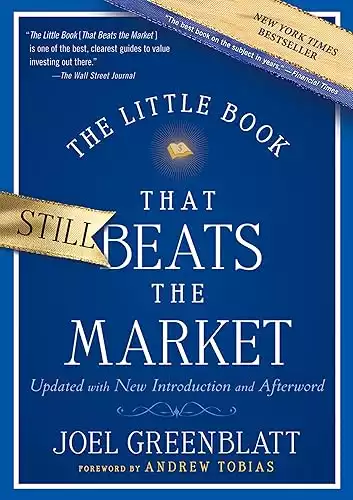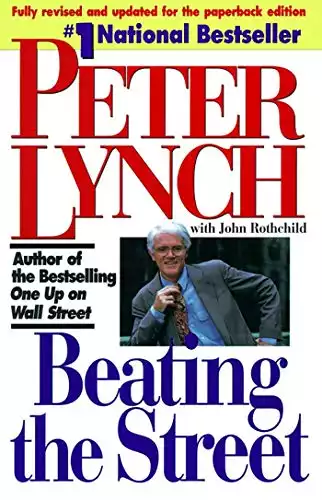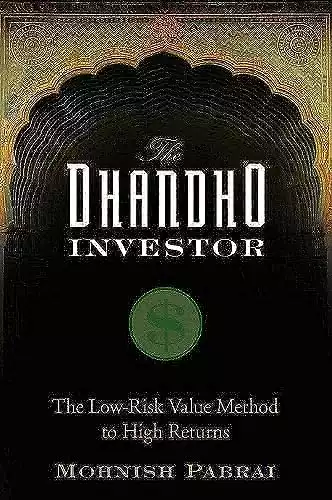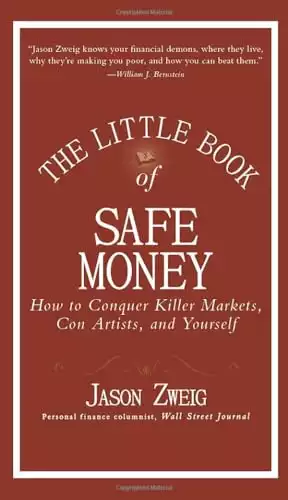Read the post in pdf format
Book Summary
This classic text on value investing teaches the reader how to analyze stocks and manage investments with a long-term perspective.
Key Takeaways
- Understand the difference between investing and speculating.
- Focus on the intrinsic value of stocks.
- Emphasize the importance of a margin of safety.
Why It's Recommended
Recommended for its timeless advice on value investing principles, which remain relevant across market cycles.
Quote
“The intelligent investor is a realist who sells to optimists and buys from pessimists.”
2. The Little Book of Value Investing by Christopher H. Browne
Book Summary
Browne provides a clear and concise guide to value investing, explaining how to identify undervalued stocks and build a successful investment portfolio.
Key Takeaways
- Learn the basics of value investing.
- Understand how to identify undervalued stocks.
- Focus on long-term investment strategies.
Why It's Recommended
Recommended for its straightforward approach to value investing and its practical advice for beginners.
Quote
“Value investing is simply buying stocks for less than they're worth.”
3. Value Investing: From Graham to Buffett and Beyond by Bruce C. Greenwald
Book Summary
Greenwald explores the evolution of value investing from Benjamin Graham to Warren Buffett and beyond, providing insights into the principles and practices of successful value investors.
Key Takeaways
- Understand the evolution of value investing.
- Learn from the strategies of successful value investors.
- Apply value investing principles to your own portfolio.
Why It's Recommended
Recommended for its comprehensive overview of value investing and its focus on the strategies of renowned investors.
Quote
“The essence of value investing is buying a dollar for 50 cents.”
4. The Warren Buffett Way by Robert G. Hagstrom
Book Summary
Hagstrom delves into the investment strategies of Warren Buffett, explaining how he applies value investing principles to build his wealth.
Key Takeaways
- Learn Warren Buffett's investment philosophy.
- Understand the importance of investing in quality businesses.
- Focus on long-term value creation.
Why It's Recommended
Recommended for its detailed analysis of Warren Buffett's investment strategies and its practical lessons for value investors.
Quote
“Rule No.1: Never lose money. Rule No.2: Never forget rule No.1.”
5. You Can Be a Stock Market Genius by Joel Greenblatt
Book Summary
Greenblatt shares his unique investment strategies, focusing on special situations like spin-offs, mergers, and bankruptcies that can offer significant value opportunities.
Key Takeaways
- Learn to identify special investment situations.
- Understand how to analyze and capitalize on these opportunities.
- Apply value investing principles to unconventional scenarios.
Why It's Recommended
Recommended for its practical strategies and insights into finding value in special situations.
Quote
“The best way to get started in this business is to learn all you can from other people’s mistakes.”
6. Common Stocks and Uncommon Profits by Philip Fisher
Book Summary
Fisher outlines his philosophy on growth investing, emphasizing the importance of investing in high-quality companies with strong potential for future growth.
Key Takeaways
- Invest in quality companies with growth potential.
- Conduct thorough research and analysis.
- Focus on long-term investment horizons.
Why It's Recommended
Recommended for its timeless principles on growth investing and comprehensive analysis techniques.
Quote
“The stock market is filled with individuals who know the price of everything, but the value of nothing.”
7. The Little Book That Still Beats the Market by Joel Greenblatt
Book Summary
Greenblatt presents a simple, formulaic approach to investing that focuses on buying good companies at bargain prices.
Key Takeaways
- Learn the importance of value investing.
- Use a systematic approach to select stocks.
- Focus on long-term performance.
Why It's Recommended
Recommended for its straightforward, easy-to-follow investment strategy that can be applied by investors at all levels.
Quote
“The secret to investing is to figure out the value of something – and then pay a lot less.”
8. Beating the Street by Peter Lynch
Book Summary
Peter Lynch shares his investment philosophy and strategies, demonstrating how individual investors can beat the market by leveraging their own knowledge and observations.
Key Takeaways
- Invest in what you know.
- Understand the company's fundamentals before investing.
- Look for growth opportunities in everyday life.
Why It's Recommended
Recommended for its practical advice on stock picking and leveraging personal insights for investment decisions.
Quote
“Know what you own, and know why you own it.”
9. The Dhandho Investor by Mohnish Pabrai
Book Summary
Pabrai explains the value investing framework through the lens of the “Dhandho” approach, which focuses on low-risk, high-return investments.
Key Takeaways
- Learn the principles of the Dhandho approach.
- Understand how to minimize risk while maximizing returns.
- Apply value investing strategies to different investment opportunities.
Why It's Recommended
Recommended for its unique perspective on value investing and its practical advice for minimizing risk.
Quote
“Few bets, big bets, infrequent bets.”

